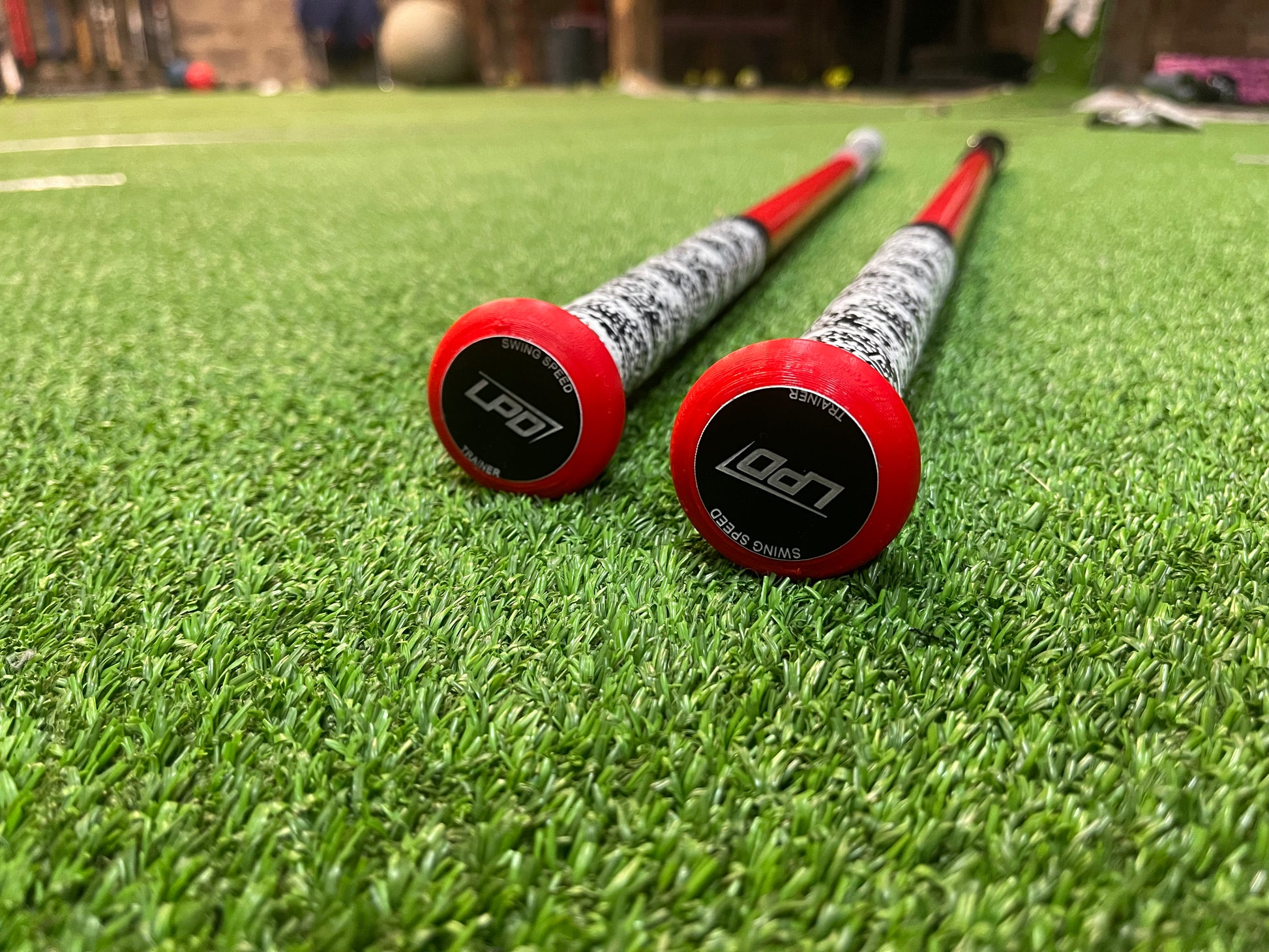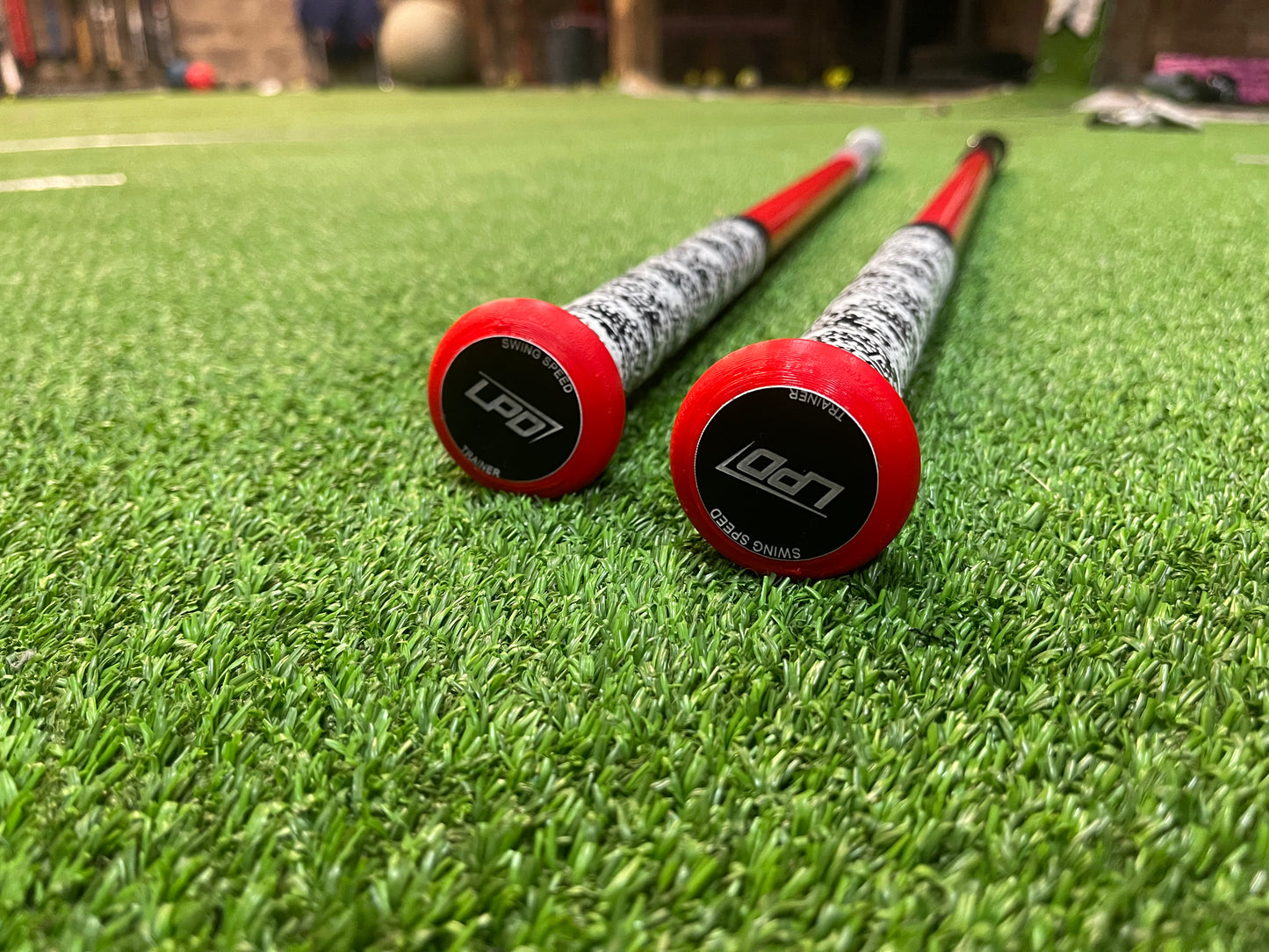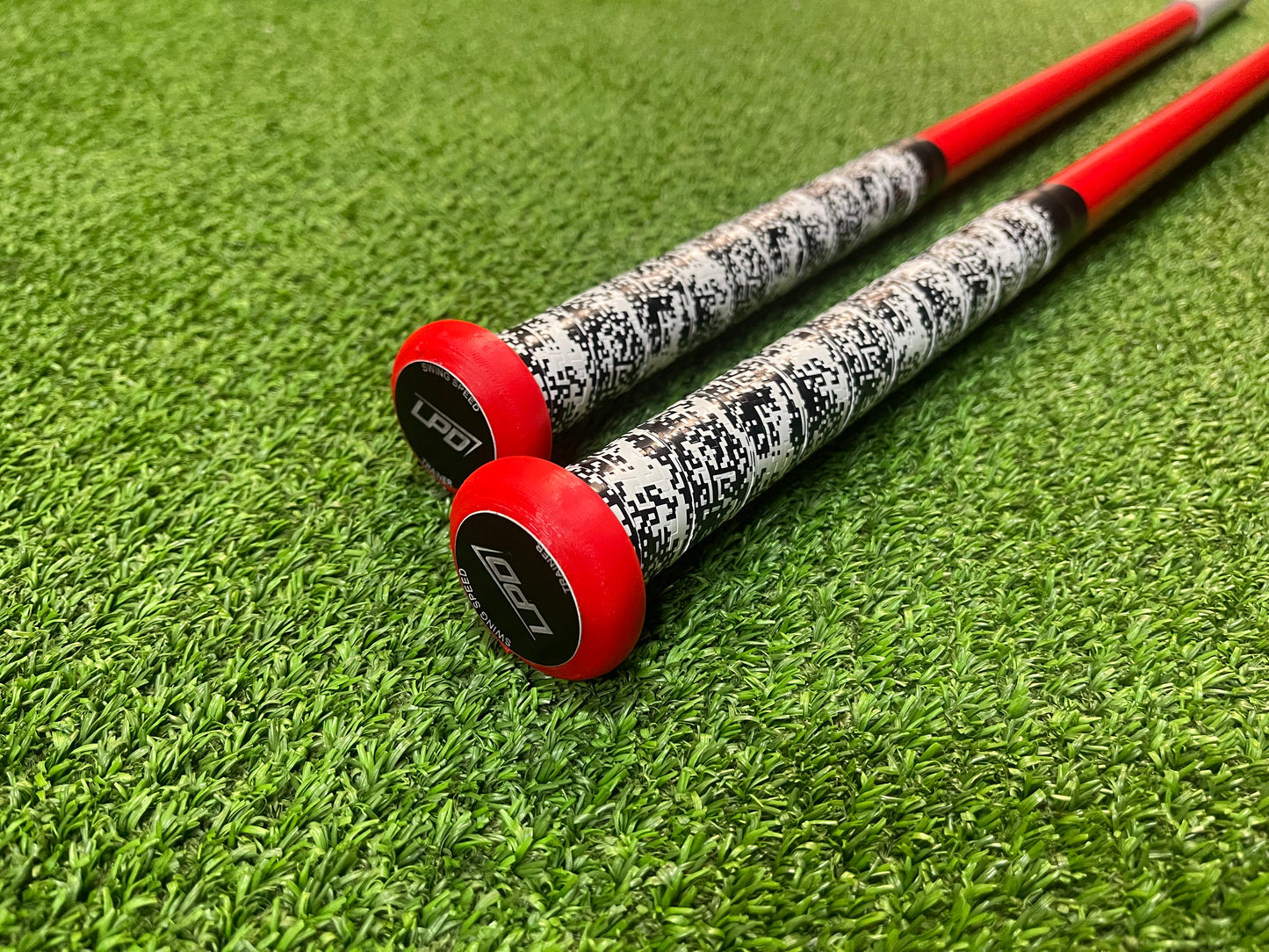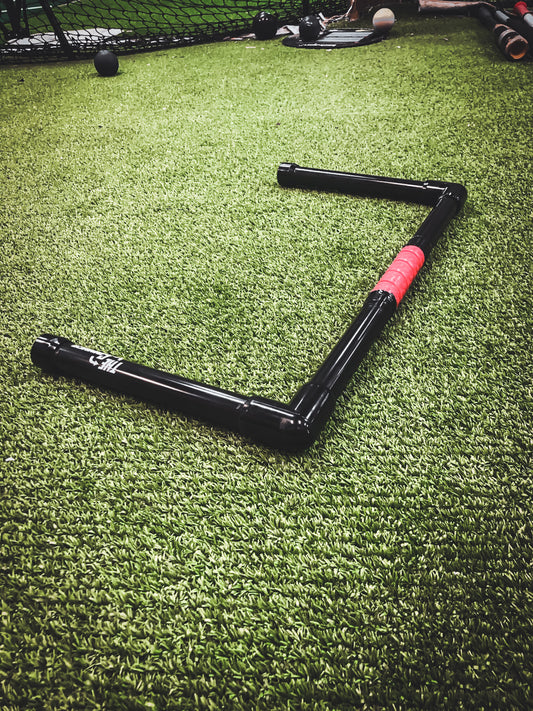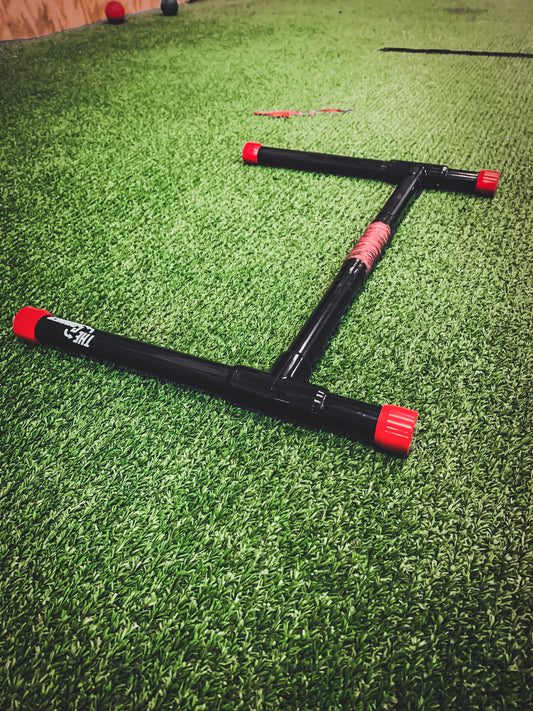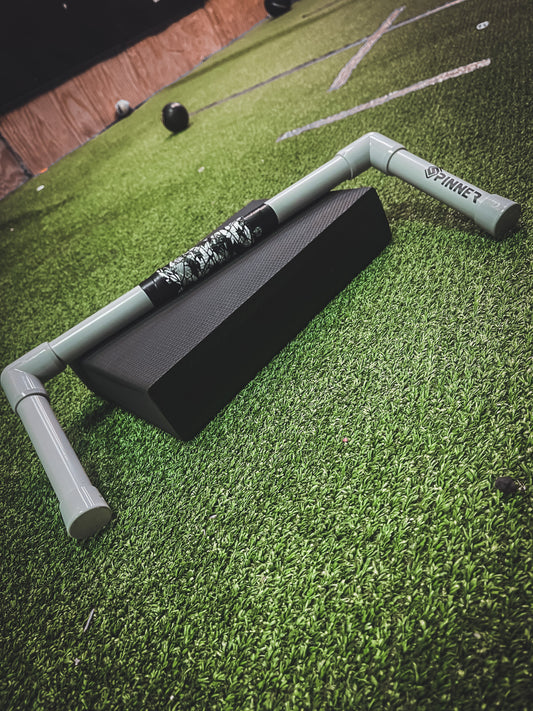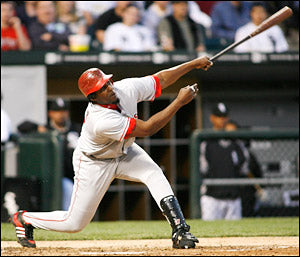In the world of sports, mental strength is just as important, if not more, than physical prowess. However, one psychological barrier often holds athletes back from reaching their potential: the fear of failure. I would say if there is one factor that kept me from reaching my own potential as a player it was this.
This fear can paralyze athletes and it paralyzed me and my performance. It can make you hesitant to try new techniques or adapt to changes in the game. Embracing mistakes, rather than fearing them, can liberate athletes, fostering a growth mindset that promotes continuous learning and improvement.
The Psychology of Fear in Sports
The fear of failure can be a potent inhibitor in sports performance. Athletes who dread making mistakes often hold back, sacrificing their creativity and risk-taking ability for the sake of perceived safety. This fear often stems from perfectionism, a trait commonly found in athletes. The desire to always perform flawlessly can engender a fixed mindset, where athletes view their skills and abilities as static rather than malleable.
This mindset can lead to several negative consequences. Athletes might become resistant to feedback, see challenges as threats, and lose motivation when faced with setbacks. Consequently, their growth and development stagnate, and their performance suffers.
Benefits of Embracing Mistakes
Embracing mistakes, on the other hand, can have several advantages. Firstly, it can encourage experimentation and creativity. Athletes who aren't afraid of making errors are more likely to try new techniques or strategies, which can lead to innovative plays and breakthrough performances.
Secondly, embracing mistakes can foster a growth mindset. Athletes start to see their abilities as something they can develop through effort and learning. They view challenges as opportunities to grow and setbacks as valuable feedback, not as signs of inadequacy.
Moreover, accepting mistakes can help athletes develop resilience and adaptability. They learn to bounce back from failures and adapt to changing circumstances, which are crucial skills in the dynamic world of sports.
Lastly, when a team embraces mistakes, it can strengthen team dynamics. Players become more supportive of each other and are more open to constructive feedback, creating a more cohesive and effective team.
Strategies to Assure Players that Mistakes are OK
How can we foster an environment where athletes feel safe to make and learn from their mistakes? Here are some strategies:
-
Create a supportive team culture: Coaches should cultivate a culture that values learning and growth over perfection. They should encourage players to take risks and experiment, reassuring them that mistakes are part of the learning process.
-
Encourage self-compassion and empathy: Teach athletes to be kind to themselves when they make mistakes and to show empathy when their teammates err. This can help them handle setbacks better and foster a positive team environment.
-
Reframe failures as opportunities: Instead of viewing mistakes as failures, athletes should see them as opportunities for growth. Coaches can facilitate this by providing constructive feedback focused on learning points, rather than criticizing the error itself.
-
Focus on the process, not just the outcome: Athletes should be praised for their effort, strategy, and resilience, not just their performance outcomes. This can shift their focus from avoiding mistakes to improving their skills and strategies.
-
Incorporate mistakes into training sessions: Coaches can design drills that are likely to induce mistakes. This can help athletes get used to dealing with errors and learn how to adjust their strategies accordingly.
Tips for Coaches and Parents to Support Athletes in Embracing Mistakes
Coaches and parents play a pivotal role in helping athletes overcome their fear of failure. Here are a few strategies:
-
Foster a positive environment: Create a safe and supportive space where athletes feel comfortable making and discussing their mistakes. Make it clear that everyone, regardless of their skill level, makes mistakes and can learn from them.
-
Communicate effectively: Provide constructive feedback that focuses on how the athlete can improve, rather than on the mistake itself. Encourage athletes to share their thoughts and feelings about their performance, creating an open dialogue about their progress and challenges.
-
Encourage growth and learning over perfection: Praise athletes for their effort, determination, and resilience, not just their successes. Highlight the value of learning and improving, rather than achieving a perfect performance.
Conclusion
Overcoming the fear of failure and embracing mistakes can be transformative for athletes. It can free them to experiment, innovate, and adapt, fostering a growth mindset that values learning and improvement. It can also help them develop resilience, improve team dynamics, and achieve breakthrough performances.
The shift from fearing failure to embracing mistakes doesn't happen overnight. It requires a supportive environment, effective communication, and a focus on growth and learning. But the rewards – increased confidence, improved performance, and lifelong learning – are well worth the effort. Remember, in the grand scheme of sports and life, it's not about never falling, but about always getting back up and growing stronger from the experience.



